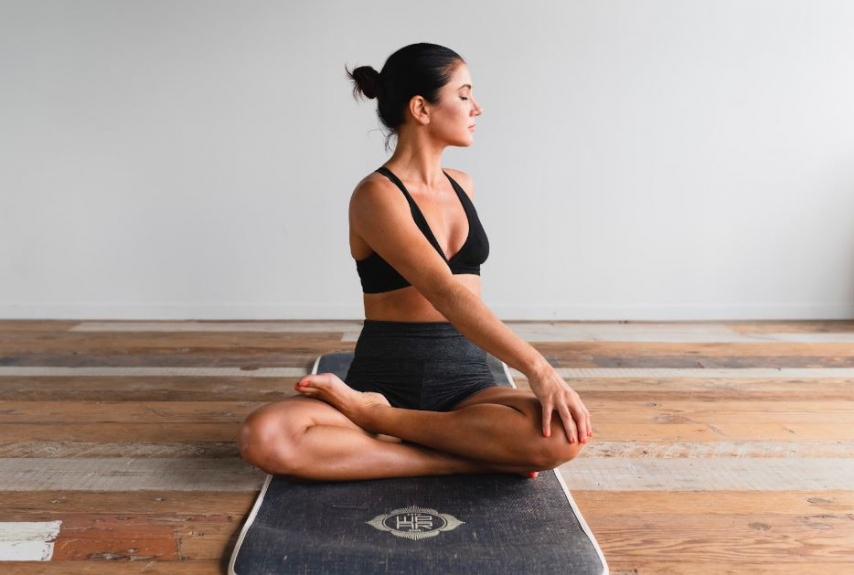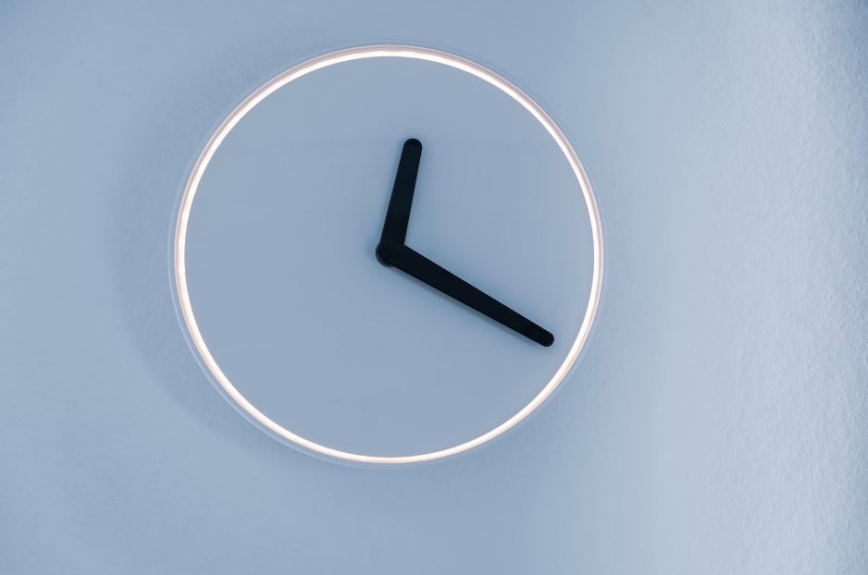Exercise provides a wealth of physical health benefits, from reduced risk of heart disease and diabetes to stronger bones and muscles.
But working up a sweat can also give your mental health a much-needed boost.
In this post I break down how physical activity can combat depression, anxiety, boost brainpower, improve sleep, increase relaxation, and more.
Let's dive in!
Beat the Blues
Need an instant mood-lifter without the side effects of medication? Lace up your sneakers and start moving! Research shows that exercise can be as effective as antidepressants in treating mild to moderate depression.
Even a short sweat session can increase feel-good neurotransmitters like serotonin and dopamine.
Aerobic Exercise for Endorphins

Just 30-60 minutes of cardio three to five times a week can deliver powerful antidepressant effects. Aerobic workouts like running, swimming, cycling, and dance cardio get your heart rate up, circulation flowing, and positive hormones activated.
The endorphins released act as natural mood enhancers that can provide an immediate perk-up. Go for a jog, take a dance class, or hop on your bike when you're feeling down.
My Tip: I recently bought myself a walking pad so I can walk while I work!
Strength Training for Self-Esteem
Incorporating strength training with weights 2-3 times per week is also excellent for combating depression.
As you build muscle, increase overall strength, and see progress at the gym over time, you'll feel more capable and accomplished. Lifting helps boost confidence and self-esteem.
Focus on compound moves like squats, deadlifts, presses, rows, and curls.
Outside Time for Vitamin D

Getting outside for walks, runs, or bike rides can also lift your mood. Sunlight exposure increases vitamin D production, which is linked to serotonin, the "happy hormone."
Unplug from your screens and devices and spend time appreciating nature while soaking up those mood-enhancing UV rays!
Calm Your Nerves
Anxiety can be crippling, but exercise can help tame worried thoughts and relax both mind and body. It works quickly to lower stress hormones like cortisol and adrenaline, slowing down your fight-or-flight response.
Solo workouts also provide an opportunity for valuable mindfulness.
Yoga and Meditation

Yoga is excellent for anxiety relief, combining physical activity with meditation and deep breathing.
Try poses like child's pose, legs-up-the-wall, and savasana to melt away tension. The mindfulness component trains your mind to stay present rather than spiraling into "what-if" thinking.
Low-Intensity Cardio
Other great options for reducing anxiety include walking, jogging, cycling, swimming, and rowing. Low to moderate intensity cardio workouts can calm the nervous system without being too strenuous. Get outside and move mindfully, focusing on your breath.
Weight Training for Empowerment

Lifting weights can also help improve feelings of anxiety. As you grow stronger and gain control over your body, you'll feel more empowered and capable of handling life's stresses.
Strength training induces a "fight" not "flight" response.
Boost Brainpower
You know exercise keeps your muscles and bones strong. But did you know it can also boost your memory, concentration, planning, and problem-solving skills?
Studies confirm that physically active people perform better on cognitive tests. Exercise enhances blood flow to the brain, supplying fresh oxygen and nutrients. It also stimulates the growth of new brain cells and connections.
Aim for at least 30-60 minutes of moderate cardio or an hour of yoga to reap the brain-boosting benefits.
Improve Learning and Focus
Regular exercise can make learning easier by improving focus, attention, and mood. Fitter students tend to perform better academically.
Working out also helps strengthen the prefrontal cortex responsible for concentration.
Prevent Cognitive Decline
Exercise may help keep minds sharp as we age. Studies show it can reduce the risk of dementia and Alzheimer's. So stay active to boost circulation and stimulate the brain.
Sleep Better at Night

Struggling with insomnia? Daily exercise can make it easier to fall and stay asleep at night.
It helps sync your circadian rhythms, tires the body, and reduces anxiety that can interfere with rest. Just avoid vigorous workouts too close to bedtime.
Destress and Unwind
Physical activity is a healthy way to burn off extra energy and de-stress from the day's tensions.
Exercising releases endorphins to relax both the mind and muscles. The result is better sleep quality and more time spent in restorative REM.
Reset Your Internal Clock

Working out outside in sunlight helps regulate your sleep/wake cycle. It sends signals to your brain so you feel sleepy when it's time for bed. Getting enough bright light during the day is key for winding down at night.
Increase Relaxation
In our busy modern lives, finding ways to deeply relax can be a challenge. But exercise offers a great opportunity to take a break and decompress from constant digital distractions.
Escape Technology
Unplug from your devices to truly be present during your workouts. Ditch the distracting music, social media, email, and to-do lists.
Instead focus your mind on your physical movements. Exercising offline is meditative.
Solo Time
Taking time away from family, friends, co-workers, and other obligations allows you to recharge. Enjoy your own company while exercising at your own pace. Tune into how your body feels without outside chatter.
The mental health benefits of exercise are clear. But be sure to check with your doctor before significantly increasing activity levels. Start slow, do what you enjoy, and aim for consistency. Your mind and body will thank you.
Let me know if you would like me to modify or expand any part of this draft further. I'm happy to keep refining it.
Optimize Recovery
To gain the most mental health benefits from exercise, properly recovering afterwards is key. Use these techniques to bounce back faster both physically and mentally.
Take Rest Days
Don't overdo it. Be sure to take 1-2 rest days per week to allow your body to recover. This prevents overtraining that can lead to exhaustion, irritability, and inflammation.
Prioritize Sleep
Quality sleep is when your mind and muscles repair themselves. Aim for 7-9 hours per night for optimal recovery. Avoid electronics before bed and create a cool, dark sleeping environment.
Ice Baths
Taking short cold water or ice baths constricts blood vessels, flushing lactic acid buildup. This reduces soreness and inflammation. Cold therapy also activates the parasympathetic nervous system for relaxation.

Sauna Sessions
Sitting in an infrared or traditional sauna induces sweating to eliminate toxins. Sauna use lowers stress hormones and can boost mood through endorphin release. Limit to 10-15 minutes at a time.
Hydrate and Refuel
Drink plenty of water and eat a balanced meal with carbohydrates and protein after your workout. Proper nutrition, including healthy drinks on the go prevents fatigue, aids muscle repair, and restores energy.
Focus on listening to your body's signals. Allow time to recover fully between training sessions. Take an extra rest day if needed. Consistency over the long-term trumps overexertion.
To Sum Up
I’ve tried to highlight a load of tips on how you can boost your brain power in this post, and if you take on just one or two, I am sure it will have a positive impact on your life.






